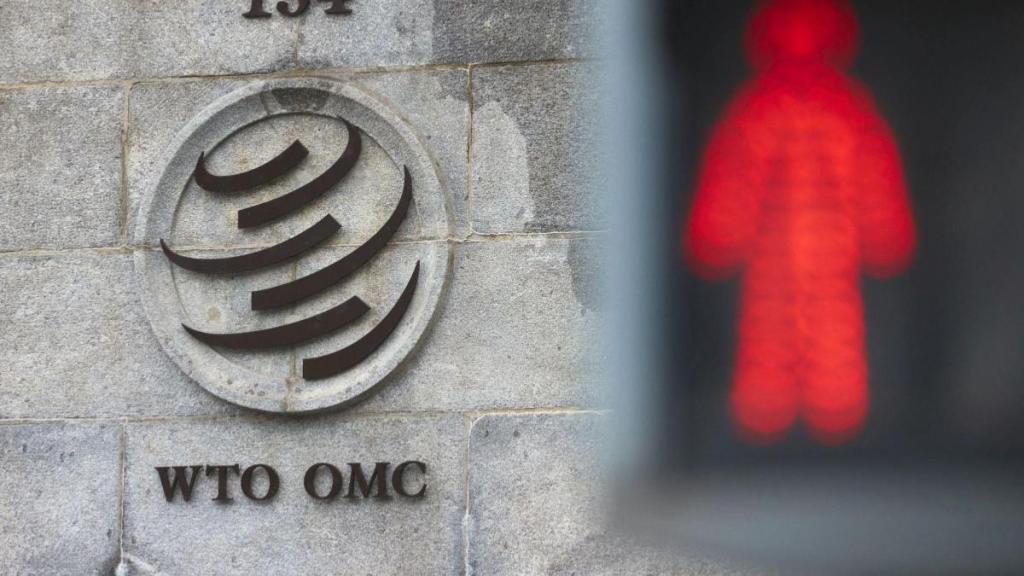Even though officials maintain that they will push for an end to the moratorium on imposing customs duty on cross-border electronic transmissions at the World Trade Organization (WTO) ministerial scheduled to begin on Monday, India’s formal proposal communicated to the WTO on e-commerce makes no mention of it.
This leaves only South Africa seeking an end to the moratorium.
In its proposal, India has just sought intensification of the work programme on e-commerce, particularly in line with the development dimension.
The work programme on e-commerce aims to examine trade-related issues associated with e-commerce. These include the protection of privacy and public morals and prevention of fraud, access to and use of public telecommunications transport networks and services, rules of origin, increasing the participation of developing countries in the e-commerce marketplace, protection and enforcement of copyright and trademarks, and enhancing the participation of developing countries and their small and medium-sized enterprises (SMEs)
The moratorium on customs duty on e-commerce has been in place since 1998 and has seen many extensions since then.
While there is no bar on taxing cross-border flow of goods through e-commerce, the issues thrown by digitisation have resulted in many goods like books, music, software, movies and even blueprints for 3D printing being delivered digitally, thus escaping the tax net. Earlier, music, gaming consoles, movies or books would be imported in physical form but now they are delivered digitally, so India will also seek clarity on what counts for services and what constitutes goods in electronic transmissions, the official had said earlier.
According to a study by the United Nations Conference on Trade and Development (UNCTAD) based on 2017 data loss through the moratorium amounts to $10 billion annually, primarily to developing countries as they are the consumers. Losses to India estimated by UNCTAD for 2017 stood at $0.5 billion. Since then, digitisation has grown manifold and losses would be much higher in 2024.
According to a WTO report, the value of “digitally delivered services” exports grew by more than 8% from 2005 to 2022 — higher than goods exports (5.6%) and other-services exports (4.2%).
Apart from revenue, India wants the power to tax electronic transmissions to give protection to its nascent industry, a senior official had said.
By not putting forward this proposal formally before the group preparing the draft that is to be put before trade ministers for negotiations at the 13th ministerial conference that begins on Monday in Abu Dhabi, India has kept its options open.
The continuation of the moratorium helps developed countries that are the exporters of digital goods, so they are seeking its extension till the 14th ministerial conference to be held sometime in 2026.


